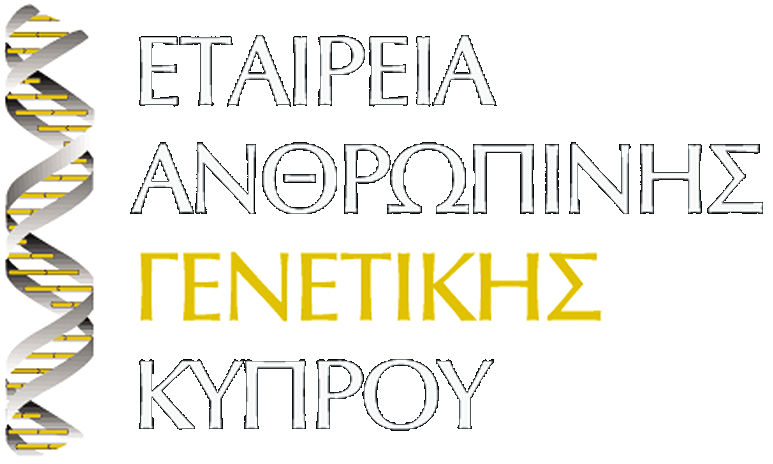Abstract
BCR-ABL tyrosine kinase inhibitors (TKIs) are selective therapies for the patients with Chronic Myeloid Leukemia (CML). Imatinib and ponatinib have remarkable long-term efficacy on a major molecular response. Although TKI related induction of cytotoxicity and apoptosis have been clearly investigated in molecular levels, their comparative effect on autophagy and miRNome are largely unknown. This study aimed to investigate the involvement of alterations of miRNA expressions in CML progression, and how imatinib and ponatinib affect this process, by comparing CML, imatinib-resistant CML and leukemia stem cells (LSC). Cytotoxicity analysis was conducted by WST-1, apoptosis was evaluated by AnnexinV, autophagy was analyzed by Tb/GFP TR-FRET LC3B assay and changes in miRNomes were evaluated with microarray method. Ponatinib showed higher cytotoxicity and apoptosis at far fewer concentrations than imatinib. Both imatinib and ponatinib was able to trigger autophagy in imatinib-resistant K562ima3 cell line but not in LSC. We pointed that imatinib and ponatinib caused significant miRNA profile alterations, especially in the expressions of miR-214-pre, miR-218, miR-19a-5p, miR-19b-1-5p, miR-27b-pre, miR-23b-pre, miR-320e, miR-200a-pre, miR-508-3p, miR-33-pre and miR-766. This study is the first comparative miRNome analysis of CML, resistant CML and LSCs following the imatinib or ponatinib treatment and may guide to identify new markers for diagnosis, follow-up of the disease and to develop novel therapeutic strategies if supported by preclinical studies.

